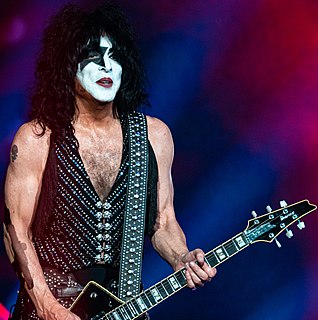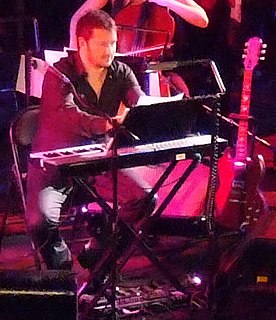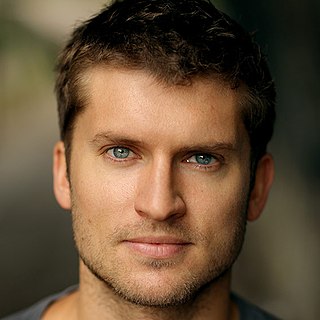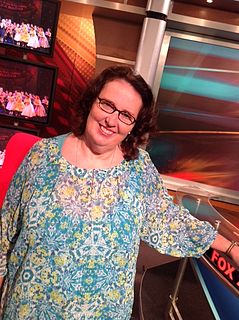A Quote by Bryce Dallas Howard
I come from a little bit of a theatrical background. I started that way. I don't have a tremendous body of work or anything, but I went to drama school. And so, to get to do a piece where the characters get to talk a lot, and that isn't just about the spectacle or the set piece, or is simply visual or movement based. It was really wonderful for me, and juicy and exciting.
Related Quotes
The great thing about doing art shows is you get to meet the people who are interested in your art, and I think that when you're purchasing a piece of art it's a tremendous bonus to get to meet the artist because you get a chance to pick their brain a bit and find out first hand what the piece is about for the artist.
I grew up doing plays - I went to a stage school after school - and it's always something that I've wanted to do, but, in a weird way, if you do television and film and you didn't go to drama school and don't have a theatrical background, it's hard to get your foot in the door. In the same way that it is for theater actors to get into television and film. There's a weird prejudice that goes both ways.
I really like to absorb the project and watch it and work on the music a lot and just get the feel for it until eventually a moment comes where I know I've got it. A lot of it is trial and error. Some days a piece of music doesn't work then other day another piece of music finally says something and works with the picture and suddenly casts a light on all the other stuff you've done - probably because my mind is getting to understand it and the piece is educating me. I always feel like the score is in there already somewhere and I just have to channel it and accent it.
There is a lot of hype about drama school, I think. If you're an actor in England, that's just the way to get into it but I've been so incredibly lucky in that I was brought up in to it. I still might go to drama school, if I wanted to do theater work, definitely. It's a completely different type of training.
Rock-and-roll was an example of change in the body of the culture. I think it's really what helped bring the anti-war movement to its peak and moved people into the streets to seize the day - the movement was the embodiment of what was happening in the music. This is what taught me that it was possible to bring art and activism together. Without that piece, that energetic embodiment piece, the rest is just intellectual construct.
Nobody in my generation ever started out in private equity. We got there by accident. There was no private equity business - actually, the word didn't even exist - when I started. I got there out of the purest of happenstance and so I think many people find what they really enjoy doing just in that way. So another piece of advice for you is: don't worry too much about what you're going to be doing when you get out of business school - life will come your way.
I think since I was in drama school, I wanted to direct in the theatre. When you are an actor, you just have to open your eyes and you start to learn a lot about how to survive on set and what's important and how to tell a story. Directing is really about putting yourself out there, to be slapped in a way. You know that in the kitchen, you're gonna get burned. It's very scary but very exciting as well. If you have something to say, you have nothing to lose and you probably learn from the experience.
It's something I'd find rather distracting in a historical piece, looking at characters that have obviously just gotten off their Ab Blaster. You see a piece set in the 1300s or the 1800s, and you've got characters who have perfect abs and are incredibly well-groomed, not a hair out of place, and it just doesn't make sense.
It's a very organic kind of way that people are discovering it, by word of mouth, which I always think is the best way for things to grow. In terms of the affect it's been having on me, I don't even notice that. It's lovely to be able to talk about a piece of work that you're very proud of, that I think's a complex piece of work and not superficial and has depth to it.
You have to understand that when you're a voice actor on an animated film, you're really just a tiny little piece of this huge process. And when you finally get to see the finished product and see all of the wonderful work that the animators & the designers & the writers did to make your character stand out, it's just so touching, so humbling.




































